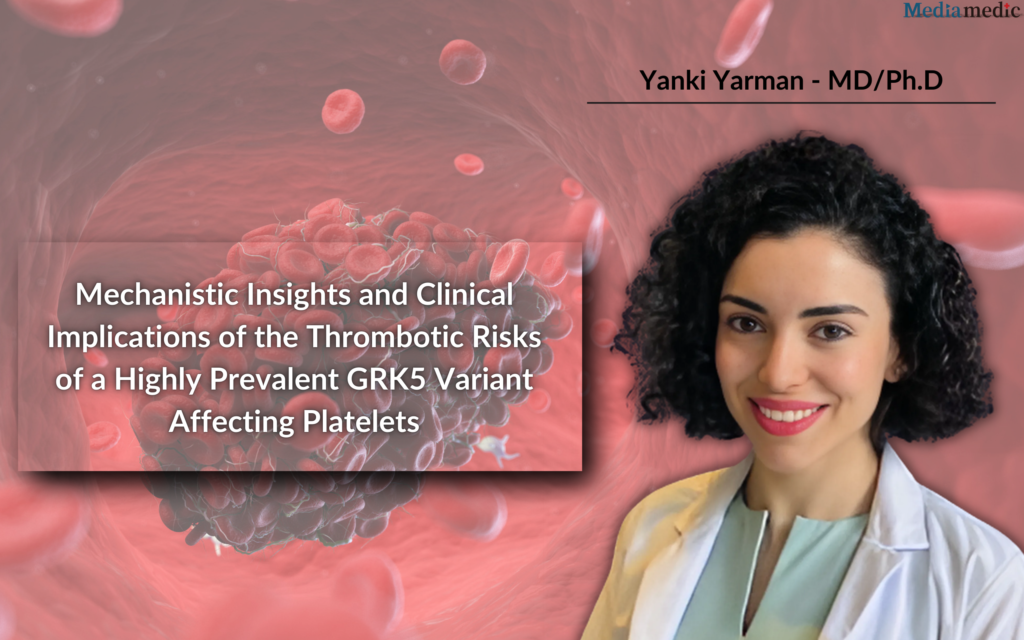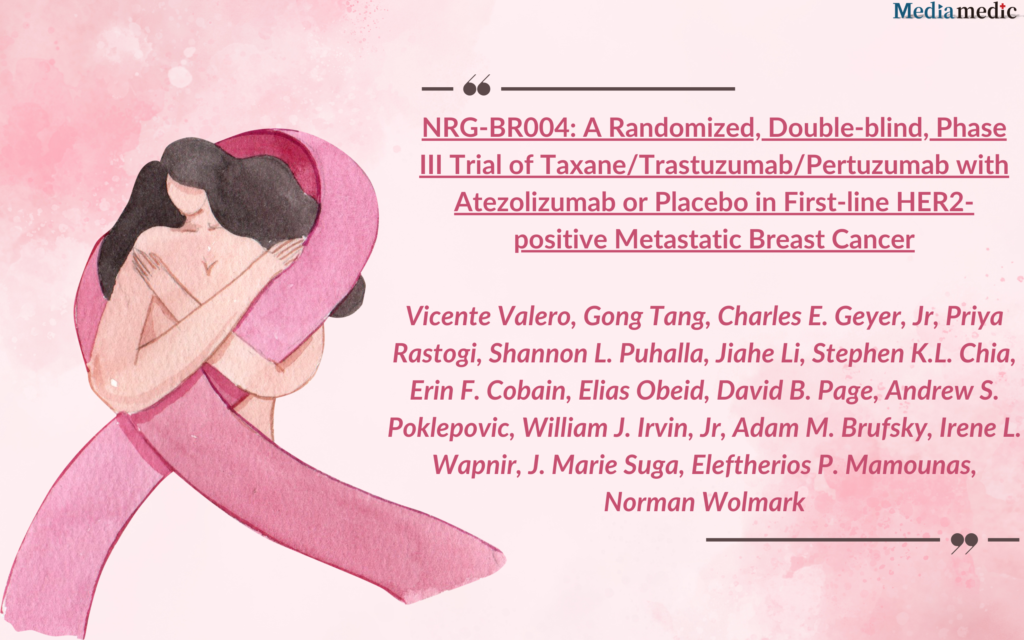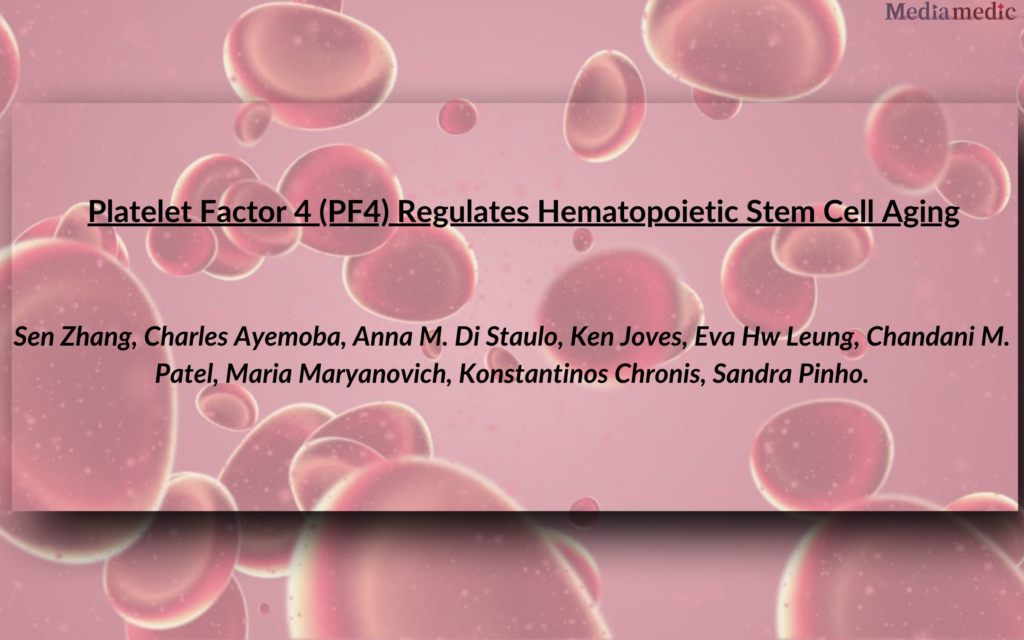ASCO GI 2025 | CD47 Blockade Combination Therapy Shows Anti-Tumor Potential in Previously Treated HER2-Positive Gastric Cancer
The 2025 American Society of Clinical Oncology Gastrointestinal Cancers Symposium (ASCO GI 2025) successfully concluded on January 25. During the conference, numerous high-impact research findings were presented, including the ASPEN-06 study (Abstract #332), a global Phase II/III randomized trial evaluating the efficacy of evorpact (Evo) in combination with trastuzumab, ramucirumab, and paclitaxel (TRP) in patients with HER2-positive gastric and esophageal cancer who had previously received anti-HER2 therapy but experienced disease progression. At the conference, a reporter from Oncology Frontier had the opportunity to conduct an exclusive interview with Dr. Kohei Shitara from the National Cancer Center Hospital in Japan regarding this study. The following is a summary of the discussion.










